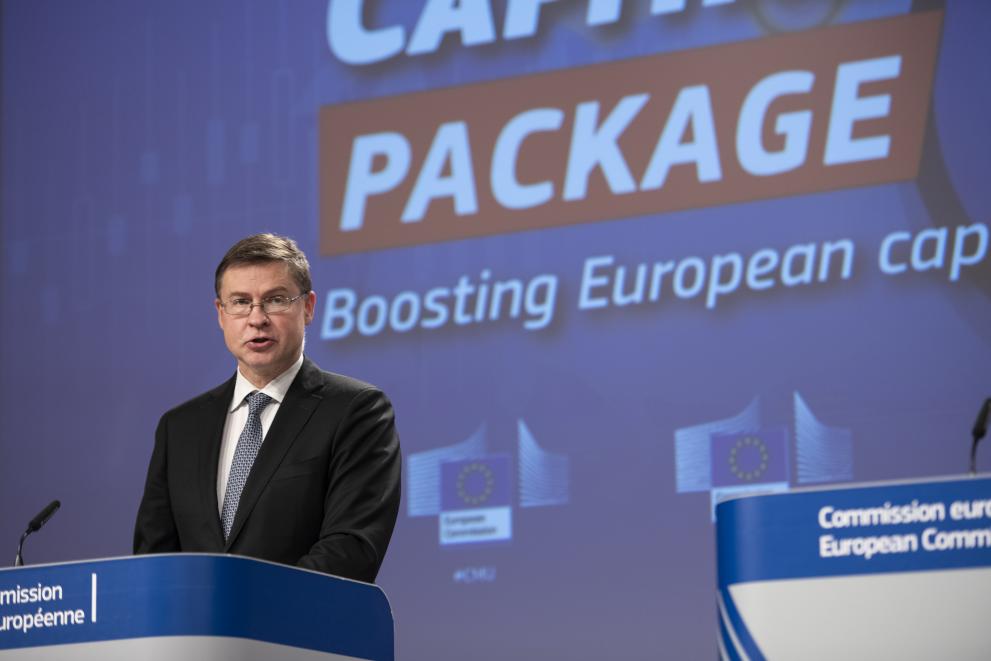
The so-called Joint Initiative on Services Domestic Regulation will simplify unnecessarily complicated regulations and ease procedural hurdles faced by SMEs in particular. This agreement will help reduce the costs of global services trade by more than USD 150 billion every year.
This is the first WTO deliverable in the area of trade in services in a very long time. Good regulatory practices are crucial for the functioning of today's economy. The clear rules on transparency and authorisation in the area of services agreed as part of this initiative will facilitate trade in services significantly. Especially for small and medium-sized enterprises who do not have the same resources and experience to cope with complex processes as do their larger competitors.
Moreover, the agreement will help the EU with regard to the digital agenda, since sectors such as telecommunications, computer services, engineering, and commercial banking stand to benefit from it. It is also the first time a WTO text includes a binding provision on non-discrimination between men and women.”
Executive Vice-President and Commissioner for Trade, Valdis Dombrovskis said: “This is a major achievement. Today's agreement covers 90% of global trade in services and it will unlock billions of euros of growth thanks to clearer rules, more transparency and less red tape. This will help our SMEs in particular to thrive on the global stage. We have been at the forefront of this initiative, which is also a priority under our renewed EU trade strategy.”
Services represent the largest and fastest growing sector of today's economy, but complicated rules and procedures have limited the amount of trade in services significantly. This initiative will align qualification requirements and procedures, technical standards, licensing requirements and procedures for services providers.
Next steps
The WTO members participating in this Initiative will make specific commitments by the end of 2022 to facilitate trade in services in their markets, for example by simplifying authorisation procedures or ensuring transparency. The adoption and implementation of the disciplines of the reference paper will reduce trade costs for service suppliers substantially and thus help the sector in its post-COVID-19 recovery. It is a sector where women entrepreneurs often play an important role. The reference paper recognises this role by ensuring non-discrimination between men and women in authorisation processes. This is the first rule of this kind in the WTO.
These new commitments will be included in each member's so-called GATS Schedules. Every WTO member has such Schedules submitted to the WTO, which form the complete set of all the commitments WTO members make to allow foreign services suppliers in their markets. The new commitments made as part of this initiative will apply to service suppliers from any other WTO member, based on the so-called most favoured nation principle.
For More Information
Details
- Publication date
- 2 December 2021
- Author
- Representation in Cyprus
